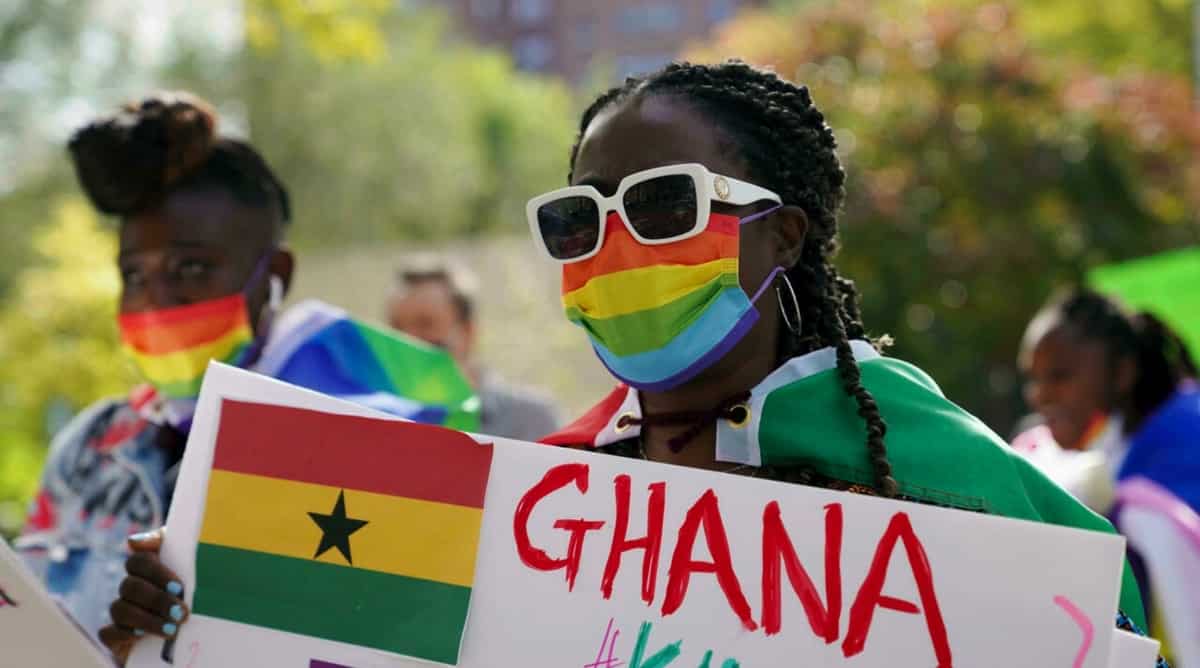President John Dramani Mahama has made his asset declaration public, emphasizing that openness in the process is crucial for preventing corruption and ensuring accountability in governance.
Mahama, in compliance with Article 286 of the 1992 Constitution, submitted details of all assets and liabilities to the Auditor General, a move he described as necessary to restore public trust in the system.
“I have just performed a simple but briefly, very important act of presenting my complete assets declaration forms to the Auditor General as required by Article 286 of the 1992 Constitution and the Public Office Holders Declaration of Assets and Disqualification Act 1998, Act 550.”
Ghana’s laws require public officeholders—including the President, Vice President, Ministers, Members of Parliament, and other senior officials—to declare their assets upon assuming office, at the end of every four years, and upon exiting office. However, the enforcement of this regulation has often been questioned, with concerns about compliance and verification.
Mahama acknowledged these concerns, revealing that while he previously filed his declarations privately, he has now chosen a public approach to foster trust in the system.
“In times past, I would have privately presented these forms to the Auditor General in fulfilment of my statutory obligation. I have taken this step of presenting these forms publicly as a way of injecting some openness and transparency into the process of assets declaration. I have always maintained that while it is all well and good to punish corruption, a more effective way of addressing the canker is preventing it from occurring in the first place.”
He further emphasized that strengthening asset declaration regulations and their enforcement could play a critical role in tackling corruption in Ghana’s public sector.
“If properly curated and enforced, the asset declaration process can become a sustainable tool for tackling corruption.”
Meanwhile, former Auditor General Daniel Domelevo has called on all public officials to comply with asset declaration laws before assuming office, stressing that stronger enforcement would enhance good governance.
He further appealed to institutions like the Commission on Human Rights and Administrative Justice (CHRAJ) to ensure compliance and hold public officials accountable. He believes that proactive enforcement will deter corruption and strengthen confidence in Ghana’s governance system.
With asset declaration laws covering a wide range of public officials—from presidential staffers to procurement officers and heads of key state institutions—Mahama’s public disclosure sets a precedent for increased transparency and accountability in leadership.








